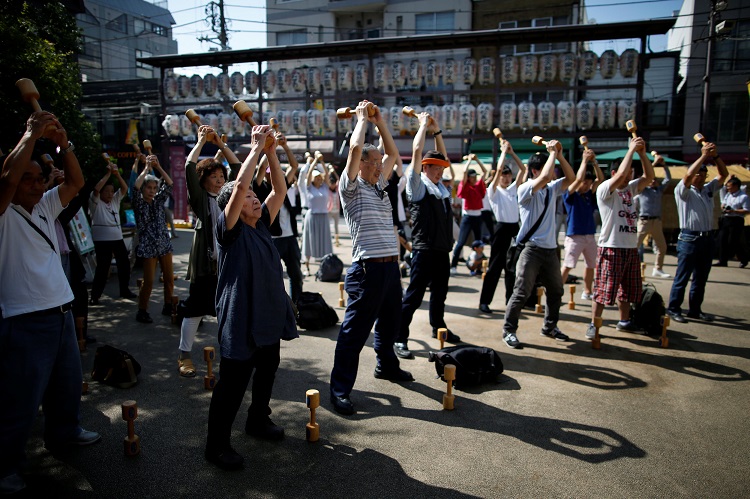Personal trainers in Hong Kong are reportedly worried about busy workers trying to add exercise to their daily routine. Doing so is believed to be the detriment of their health, especially since they are already in stressful existence.
Ed Haynes, founder and head trainer of Coastal Fitness Performance Training in North Point, says adding exercise to an already demanding and stressful life can end up doing more harm than good.
"Exercise is actually stress on the body," Haynes says. "People need to understand that. To get better at anything, you need to stress the system."
According to the South China Morning Post, Haynes believes that the problem is people working long hours and hitting the gym either before or after work. Without adequate recovery time or a balanced lifestyle, they may be harming themselves in the long run.
"Our body can't differentiate between different types of stresses," he says.
"My body doesn't know the difference between exciting things like competing in some type of fitness competition or going on stage in front of 500 different people and, say, the fear, anxiety, and nervousness of meeting my boss and thinking I'm going to get fired all day."
Haynes is a former international rugby player and says that that cortisol, which is a natural hormone, is released by the adrenal glands when a person gets excited. One of these is none other than when performing an exercise. Though, it also accumulates during a stressful day at the office.
Combining these two is not a good idea, he says. "Anything that excites me is going to create an insulin and cortisol spike."
Playing sports or doing high-intensity training such as CrossFit increases adrenaline. If an individual's levels do not drop to normal afterward to recover, problems can arise.
In a study published by the American Psychological Association, exercise can relieve stress, reduce depression and improve cognitive functioning. Fifty-Three percent of adults say they feel good about themselves after exercising.
Haynes, however, says stress overload manifests in some ways including injuries, fatigue, illness and mental exhaustion, which force a person to slow down to recover against their will. Avoiding this breaking point is something people need to take seriously if they are concerned about their well-being over the long run.
There are some studies about how stressed out Hongkongers are. According to the Census and Statistics Department's 2017 Report on Annual Earnings and Hours Survey, Hongkongers work an average of 44½ hours a week. A 2016 report from the same department found that 60 percent of workers found their jobs highly stressful and half felt they had poor mental health.






